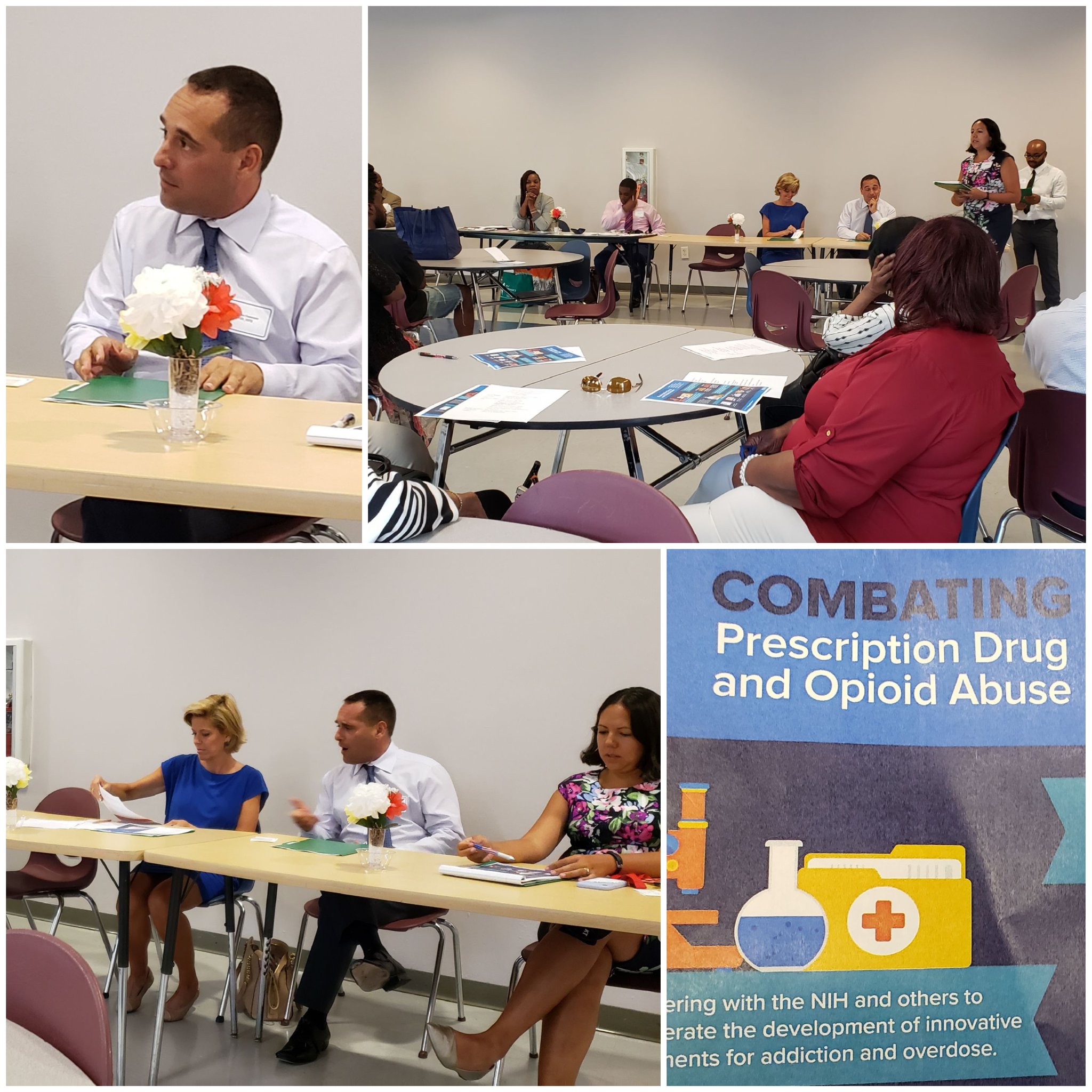Opioid Policies

Much like the rest of the United States, residents of the District of Columbia are struggling with substance use disorder (SUD) rate increases and high rates of opioid-related deaths. Unfortunately, these are multi-faceted issues that require year-long initiatives and systematic programs to address the myriad causes of addiction.
MSDC stands as a partner to the District government and private entities to help arrest the rates of opioid and substance abuse in the District. Through our advocacy for better prescribing practices, education on addiction, and even helping our own community through our Physician Health Program, MSDC is working to make DC a leader in reducing SUD, OUD, and addiction.
On a related note, MSDC is passionate about helping patients make prescriptions and medication more affordable. Whether expanding access to biosimilars or advocating for more affordable co-pays, MSDC wants to help our patients afford the medications they need.
MSDC Statement and Testimony on Opioid and Prescription Issues
25th Council information coming soon
Committee on Health Passes Prior Auth Reform Bill
On Tuesday, the Committee on Health marked-up and passed B25-124, the Prior Authorization Reform Amendment Act.
B25-124 is MSDC's highest priority and would enact reasonable limits on prior authorization for the first time ever in the District. Today moves the bill one step closer to reality.
Currently the District is one of only nine states without any prior authorization restrictions in law. This bill would, among other things, prevent prior auths for cost alone, set time limits for prior auth considerations, prohibit prior auth for emergency care and medication assisted treatment, and require insurers to publish prior auth guidance publicly.
The marked-up bill makes some changes to the original bill:
- Exempt Medicaid plans from the prohibition on prior auth solely due to cost to permit substitutes from drug formularies.
- Prohibit prior auth for medication assisted treatment.
- Permit DHCF to review prior authorizations at a different schedule than private insurers.
- Among others.
The next step is for the Council Chair (Phil Mendelson) to add the bill to the Council's legislative agenda. If the bill is added to the consent agenda, it requires two votes. If the bill is added to the regular agenda, it will require three. The Chair noted today that, despite this bill being circulated since last year, the Department of Behavioral Health and Department of Healthcare Finance have finance concerns that may require appropriations to enact certain provisions.
For more information about the bill and how to be engaged with the process, visit msdc.org/priorauth.
Sample of Legislation MSDC Tracked on Opioid and Prescription Policy
What does it do? The bill authorizes licensed pahrmacists to dispense interchangeable biological products and requires notifications to physicians when such interchangeables are dispensed.
MSDC position: MSDC has a position of priority support on this legislation, identifying its passage as one of its highest legislative priorities.
Current status: SUCCESS. The bill was passed by the Council and signed by the Mayor.
What does it do? The bill requires prescription opioid medications to include a statement that the drug is an opioid and opioids may cause dependence, addiction, or overdoes.
MSDC position: MSDC supports the legislation.
Current status: The bill had a hearing before the Committee on Health on July 29, 2020. MSDC leader Dr. Sam Kareff testified for the Medical Society. It passed the Council on November 10 and was signed by the Mayor December 7.
What does it do? The bill prohibits insurance companies from factoring the use of PreP in decisions related to disability, life, or long-term care policies.
MSDC position: MSDC supports this legislation
Current status: The bill was introduced on January 8, 2019 and assigned to the Committee on Business and Economic Development.
